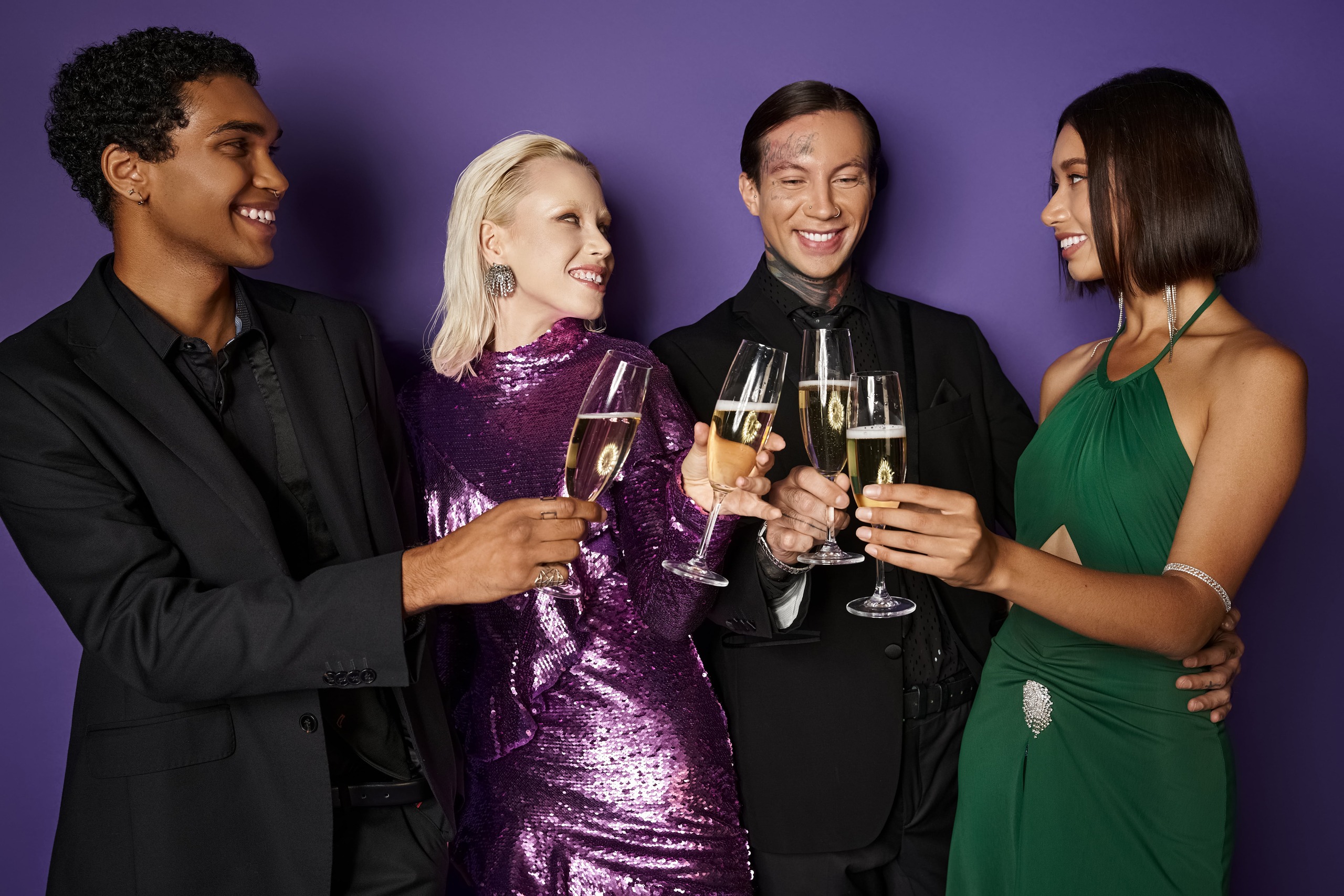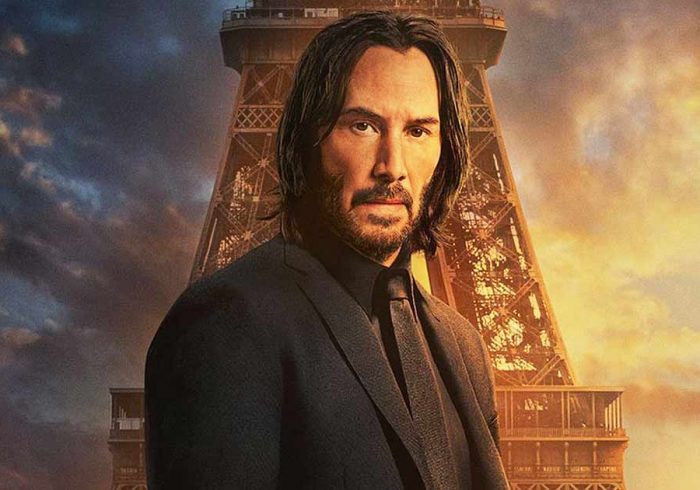Celebrity branding’s terrain has changed remarkably from a concentration on personal renown to a potent weapon for exercising world influence. Celebrities today are not only people with skill; they are multi-dimensional brands influencing whole sectors, consumer behavior, and cultural narratives. This development is reflected in strategic branding campaigns, opportunistic brand alliances, and significant society changes motivated by the digital revolution and social media. Celebrities use their venues these days to genuinely engage with fans, creating actual bonds that enhance the brand value. They tackle complexity by combining their public personas with the corporate values, therefore influencing consumer impressions and loyalty. This dynamic interaction has changed what it means to be a celebrity in the twenty-first century by stressing their function as trendsetters and cultural symbols that go beyond conventional limits, therefore transforming the modern market.
The Early Days: Fame as a Brand
Early days of celebrity, stars were largely revered for their acting, musical, or athletic ability. Thanks mostly to their extraordinary talents, stars like Marilyn Monroe, Elvis Presley, and Babe Ruth became household names. Their talent characterized their reputation; spectators liked them for the cheerful and engaging performances. Personal branding—as we know it now—was not a major concern back then; these celebrities had no need of marketing themselves as brands. Instead, their work naturally drew public attention, leading to a more limited and straightforward kind of recognition.
Though in a considerably simpler form than today, prospects for endorsement deals grew along with popularity. For instance, athletes began promoting sports equipment while celebrities such as Monroe endorsed 1950s beauty cosmetics. These early sponsorships were based on reputation and attraction even if they lacked the sophisticated methods of modern personal branding. Back then, branding was largely about selling products leveraging current popularity; it was not about developing a full personality. This prepared the ground for what would eventually become the sophisticated personal branding environment we know today, in which individuals engage with audiences on deeper levels using authenticity and engagement.

The Rise of Digital Influence
The landscape of celebrity branding has completely shifted with the internet and social media. Celebrities in the past interacted with their fans via traditional media such print, radio, and television. On websites like Instagram and Twitter, stars can now communicate directly with their followers, immediately exposing aspects of their life, thoughts, and personal projects. Because direct interaction generates the warmth and genuineness they so long for, fans feel closer to their chosen stars than they have ever done.
Social media platforms like Twitter and Instagram have evolved into efficient tools for global business growth. All the while, celebrities may stress their sponsorships, promote their own companies, and even help causes close to their hearts while gaining millions of followers instantly. Excellent graphic design on Instagram allows celebrities to offer arresting images or videos highlighting their business alliances or personal projects. This increases their profile as well as creates a devoted following of supporters ready to help their efforts. Celebrity branding in the internet era is about establishing real relationships and interacting personally with viewers, not only about notoriety.
Range of Celebrity Enterprises
Celebrities have evolved in recent years from only supporting goods to really developing their own brands in several sectors like fashion, cosmetics, and technology. Thanks to this trend, stars have been able to build tighter ties with their fans, turning individual passion into profitable enterprises. For example, Rihanna introduced Fenty Beauty, whose inclusive range of hues revolutionized the cosmetic industry. Many people love her firm as her commitment to diversity and representation makes success primarily achievable.
Another great example is George Clooney with his Casamigos tequila brand. From a casual hobby among friends, what started out as a small-scale success story in the spirits business grew to be a major phenomenon. Emphasizing smoothness and quality, Clooney and co-founder Rande Gerber created a tequila they truly enjoyed. This strategy enabled customers react positively and assist create a brand that seemed current and real. These narratives show how celebrities are starting companies out of their own interests and passions, therefore generating a fresh stream of entrepreneurial energy in the entertainment industry.
Social Impact and Advocacy
With many stars leveraging their power to urge change and match their brands with society ideals, modern celebrity branding has veered significantly toward include social issues. This change is a reflection of increased knowledge that celebrities may be rather important in tackling urgent problems. For example, Leonardo DiCaprio is very famous for his environmental efforts. Using his foundation and several initiatives, he promotes ecologically friendly living by stressing climate change. Support of eco-friendly companies or participation in environmental programs not only raises awareness but also helps him to be committed to protect the planet.
Malala Yousafzai is another incredible lady who has turned into a major advocate of education—especially for girls globally. Her activism covers more ground than the conventional celebrity branding. Her position to generate money and work with educational institutions helps young people to follow their aspirations and bring about change. This congruence of personal ideals with societal issues not only improves their genuineness but also connects with supporters. Celebrities that speak up for important causes inspire their followers to become involved and assist those causes as well, therefore producing a domino effect of good change.

Conclusion
As celebrities use their popularity to affect businesses, create cultural narratives, and promote social change, the transformation of celebrity branding from personal renown into a potent instrument for worldwide influence has become evident. Originally driven by personal appeal, this path has seen celebrities like Kim Kardashian and George Clooney deliberately extend their identities into other businesses, leveraging their public personalities to build aspirational lives and support consumer products. By means of clever marketing and long-term alliances, celebrities build credibility and match their beliefs with corporate message, therefore connecting with consumers who are socially concerned. This calculated strategy not only improves their financial performance but also helps them to support charity causes and affect public opinion, therefore highlighting the great power of celebrity branding to bring about significant social transformation.


